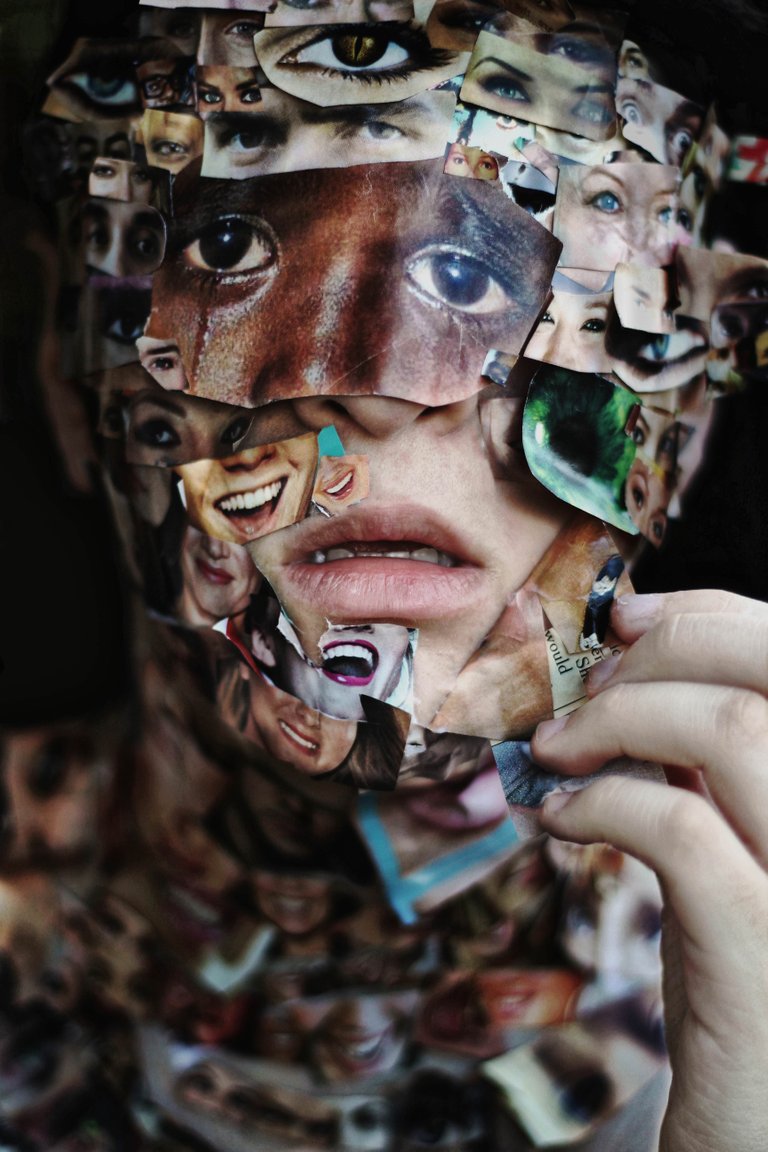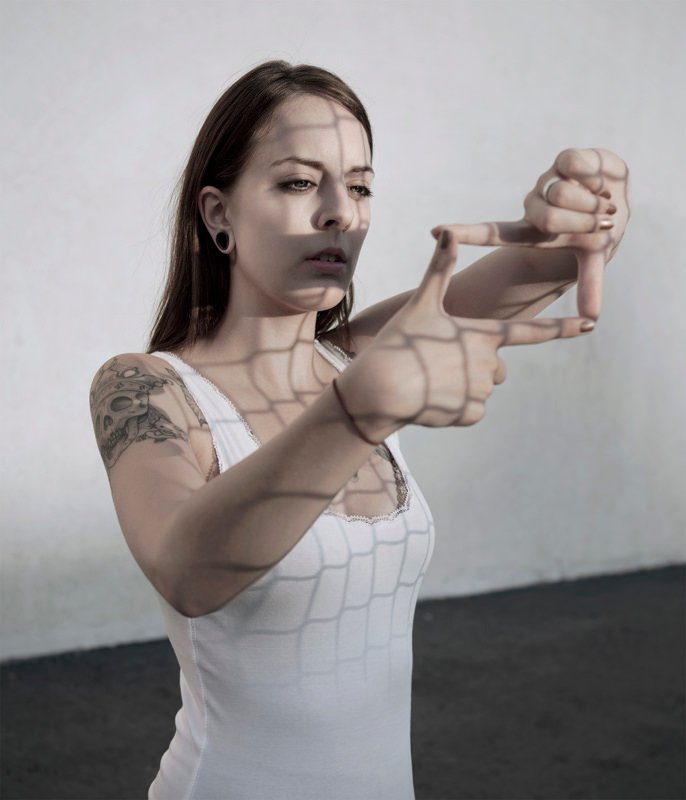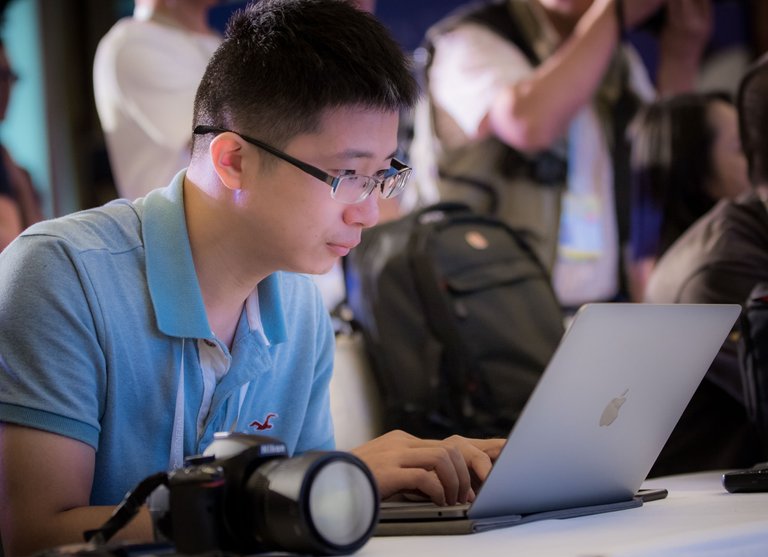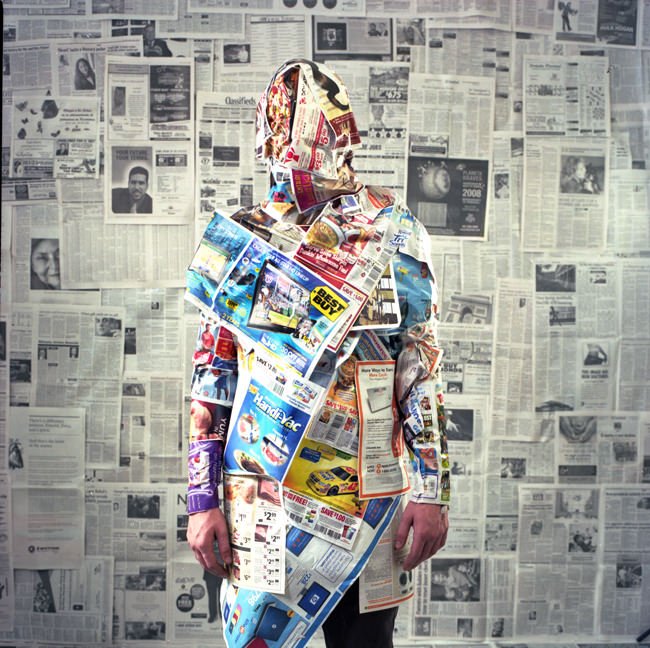
In the list of things that I wanted to discuss in these publications there are several points that have to do with those of us who work in the media, and one of them is that of the confessional society.
There are cases in which it is true that your private life is already a matter of public life, such as the case of the late ex-president Hugo Chávez, Mrs. Marisabel, and the change of the coat of arms, for example...
At Chávez's confession, he obeyed his daughter -a girl at the time- because he asked him: Dad, why is that horse turning around? And then Chávez in a Hello President said "it's true, the girl is right, that should not be". Then the president of a nation inserted a girl into a political niche. Then, they separate, he and Marisabel divorce, and a divorce that is something absolutely private becomes a public matter.
After Mother's Day, there is a Venezuelan mother as many, saying that man, like so many Venezuelans, is a bad father, because he does not pay the pension, because he did not even call the girl on the day of his First Communion.
Yes, indeed one must respect private life,
but the first one that has to respect one's private life is oneself.
It seems that society creates as a kind of propensity to the confessional, where the private has to be confessed and we come, for example, to the extremes of the confessional shows. Many people confess daily vileness publicly in a television program or social networks as an act of expiation of all their sins.
Even the technological framework is confessional, because when you're chatting with someone you are revealing aspects of your privacy that may not disclose in a personal conversation, but these protected somewhat by certain anonymity, perhaps even use a nickname, believing you're so free. It does not necessarily have to be an absolutely intimate confession, but if you are confessing something of your intimacy.
In today's society, because it is an information society, everyone wants to give an account of itself; that is, to exist, to feel that I exist, that I am someone, it seems that I must give an account of myself.
So, that border was very well defined until a few years between the private and the public does (as well as the intimate) is fading in many people not only personeros (or personalities) of politics or show business, but there a generalized proclivity to it.
That is to say, a domestic cosmopolitanism practically and also in solitude.
On the other hand, I do find it interesting to read studies by psychiatrists, sociologists or psychologists who dare to explain the phenomenon that occurs with Facebook, Instagram and other pages. It is very curious because you reveal things that you would never have revealed in your life, you establish very peculiar bonds of friendship, they are always virtual, and from the solitude of your lives, in front of a computer or cell phone.
There is then the need to give an account of himself, then. Everyone wants to come to the fore and say:
"I exist, see me, if you hear me, if you know about me, I really do exist".
Now, with regard to information, we also have an event, a somewhat similar phenomenon: the multiplicity of blogs that account for a news event. They may not be professional reporters are reporters often subjective, but that's one of the most interesting things you have because in the office of the reporter, in the craft of journalism, reality has overtaken the Academy, has exceeded the Schools of Journalism, has exceeded the Professional Associations, has exceeded the media.
Because we are all journalists, what some of us have is the professional training to do it in the middle, but all of us are strictly speaking. We all always give an account, at a private level or not, of what has happened to us and what is happening. So these great facilities that contemporary communication has: cell phones, tablets, drones... facilities, I repeat, make everyone a potential reporter who is capturing reality.
What happens is that the journalist takes care of the information, checks it, checks it through various sources, then it is when he provides it. Because that first information that reaches you is invaluable.
But, we are talking about blogs, a medium that is used depending on the discretion of the user, of course. The detail of the blogs is that one never has the real notion of what is happening.
Nowadays, even the media, thanks to technology, have access to public opinion, where consumers of these media usually speak in universal terms.
When we start to see is a minimal universe, which has no real impact on a television program, before a newspaper, before so many other manifestations that may be occurring.
But of course people begin to opt in these times of globalization to live in a very sectoral way (that these are in the long run the challenges that the new political leadership has: truth, amalgams, cohesion) but the mass media (the medium conventional) to call it in some way, is bound to tell the truth. Even, we in Venezuela, by law, are bound by objective, truthful and timely truth, without censorship or self-censorship, even though it is not fairly carried out.
The information is like the water that goes between your fingers.
There is so much information that is raising interest to be later eclipsed as news, because the news is happening to such dizziness that they are falling into disuse, they become obsolete. But they do not disappear.
The Venezuelan until recently was very inert to this phenomenon and -picked many mango shells-, that does not happen today as before, because the Venezuelan is now more alert. In the news, both for communicators and for the public, there is a certain suspicion that there is something behind, deeper, a background that has to be revealed thanks to investigative work.
I always bet on the human, in all these preachings against the saturation of information, I wonder if the human being can discern so much information, and hierarchize it, but I do not mean us, who work in the media, but rather anyone.
Speaking now of the right of peoples to inform themselves, we could take the case of our country, it seems that the Venezuelan is waking up, the massive protest of students, the mass exodus, it is like the Venezuelan has again made himself felt; with a public voice, right? Could it not be due, for example, in this particular case to which there was a withdrawal, but also a saturation of the political in us?
However, I am one of those who believe that dictators and rulers play with the patience of their constituents or their people, until people endure, what the ruler does not know is when the patience will end to the people. That's why I also doubt the theory that what was there was a political saturation, but that there has been an arduous process of maturation, let's say, at a collective level. It has been a process in which the Venezuelan, like a good boxer, has known how to retreat, heal wounds to return to combat.
The Venezuelan has never wavered in his aversion to the regime,
in fact it is growing more in people.
Returning a bit to the point of all these communication alternatives, given the new technologies nowadays we live in a much more informed society that allows options, is the individual -not only the Venezuelan but the individual of much of the Western World- able to form a clear opinion of precise events and even more of events framed within a phenomenon of the time?
Well, I think so, the more information there is, the greater the capacity for discernment, no doubt. I believe that the human being goes every day with more tools at his disposal so that he knows what he takes and what he does not, so he decides if he lets himself be manipulated or not.
There is an advertising that undoubtedly manipulates, but I do not believe that all advertising manipulates; advertising seduces us most of the time or thanks to arguments tries to convince the benefits of this or that product to the citizens of a society more and more incredulous.
Of course, I think there is a very bad publicity that tries to manipulate, but the bulk of the advertising work is about creating a propensity towards a certain product. It is not the advertising itself that creates the needs or new needs, it is the new technologies that create a new need, and that sometimes seems to be a justified need.
"The very thing of knowledge is neither to see nor to demonstrate,
but to interpret"
Michel Foucault
Previous articles
THE UNCERTAINTY OF PRESENT - CHAPTER I - WHAT IS THE SENSE OF CONSUMPTION?
THE UNCERTAINTY OF PRESENT - CHAPTER II - THE NEED TO BE VALUED
THE UNCERTAINTY OF THE PRESENT - CHAPTER III - ABSTRACTION NOT PAINFUL TO WAR
I Am the One I Am - I Am My Teacher
Instagram | Facebook | Linkedin
Saturday, May 26, 2018
Alberto J. Tang H.





Interesting article @albertotang, I liked the concept of the ready availability of social media provoking a kind of confessional attitude, and of the importance in telling that story of the self to the construction of the self today. Good food for thought. Upvoted and resteemed - your post was submitted to the Curation Collective guild on Discord, follow the Discord link in our blog header to learn more. Cheers
Very grateful for the consideration and for the time taken to read the article. It is nice to know that someone was interested and liked by the text, I hope you follow the next articles that are sure to interest you.